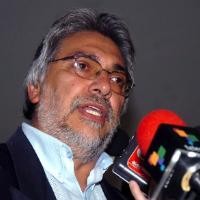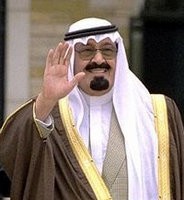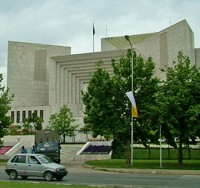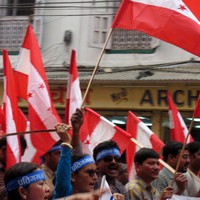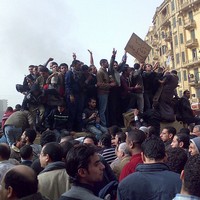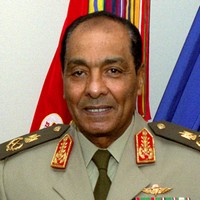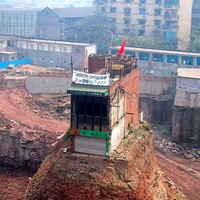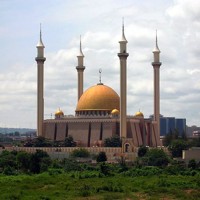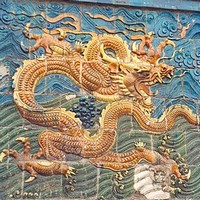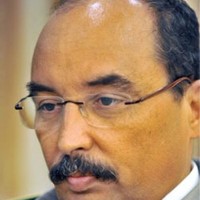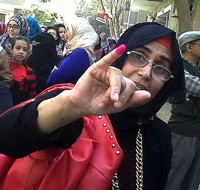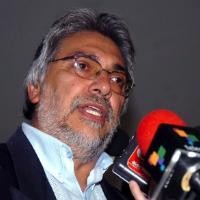
The rule of law remains fragile in Latin America, and, once undermined, it is difficult to re-establish. That has been the painful lesson learned by Honduras since the legally dubious 2009 ouster of President Manuel Zelaya, an event that U.S. diplomats, at least in leaked cables, have referred to as a coup d’état. And it is one that Paraguay might learn after the abrupt removal of President Fernando Lugo via congressional impeachment last weekend. Ever since the 2009 crisis, Honduras has been dogged by rapidly growing governance deficits and rising lawlessness, driving ever-deeper involvement by U.S. counternarcotics forces in the […]

